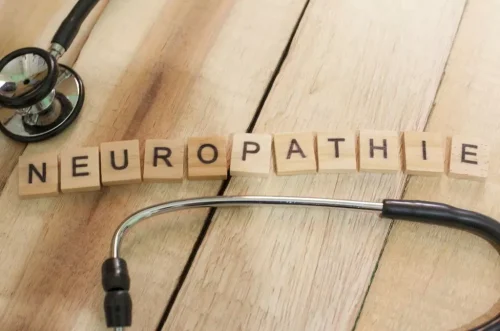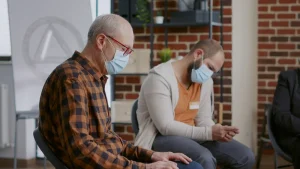
Early recovery is a crucial chapter in their journey – a fresh start filled with hope and challenges. It’s natural to feel overwhelmed, but you can work through this together. So, please take a seat, and let’s unveil the initial stages of addiction treatment.

What are the methods of recovering from addiction?

Prioritize getting enough rest, eating balanced meals, exercising regularly, and practicing good hygiene. Caring for yourself fosters overall wellness and reduces the risk of relapse. Replace your old coping mechanisms (substance use) with healthier alternatives. Engage in activities like art, music, reframing holidays in early recovery sports, or hobbies that provide a sense of fulfillment and act as healthy distractions. Overcoming early challenges involves understanding that the recovery process also gifts the chance for self-understanding. With patience and adequate emotion management, your loved one can feel free in this stage.
- During the least busy day, for all participants, work was selected a total of 9times (2.7%).
- But it is also one you do not have to succumb to… there are many people out there who understand and can help you move through early recovery into a new, solid life in sobriety.
- Additionally, creative expression offers another valuable outlet.
- Of that, it was new 50 times (40.7%) and important 82 times (66.7%).
Mental Health Issues
You might feel scared, like you don’t want to admit the problem, or even guilty about the past. It’s like your mind is trying to catch up with what your body is doing. That’s why some people get help from experts at places like IOP Pennsylvania. These experts care about your mental health as much as about your physical health, helping you deal with all these feelings.

Impact of rest and sleep in early recovery

Through dedication, the power of community, and the healing potential of the human spirit, anyone can overcome addiction and create a brighter future. Volunteering provides a sense of purpose and builds a supportive community around the individual. The gratitude he received and the bonds he formed https://ecosoberhouse.com/ with fellow volunteers became an essential part of his recovery narrative. Establishing realistic goals in early recovery is essential for maintaining motivation and fostering a sense of achievable progress despite the challenges. Step 1 entails admitting you’re powerless over drugs and alcohol.
Learn more about RECO’s dual diagnosis program here.
- Recovery is not an easy road, but it sure beats the “easier” path of using drugs and alcohol.
- S. National Survey on Drug Use and Health, more than 75 percent of people addicted to alcohol or drugs recover—their condition improves and substance use no longer dominates their life.
- Mentors who have faced similar challenges offer practical advice and emotional support that resonate deeply.
- When they break up, those resentments in the form of anger and hurt feelings boil over, triggering a relapse.
- Addiction is a progressive illness of the mind and body and over any given period of time the sufferer will always get worse, never better.
- This one-on-one relationship allows individuals to receive tailored advice and encouragement.
Friends and others with whom you had previously used may not like your newfound sobriety, and these connections may deteriorate. The recovery experience is sure to offer solid information about who your real friends are. Try not to let this get you down; new relationships with those in recovery and recharged relationships with loved ones will sustain you. Rebuilding relationships in early recovery is one of the most rewarding aspects of the journey.
